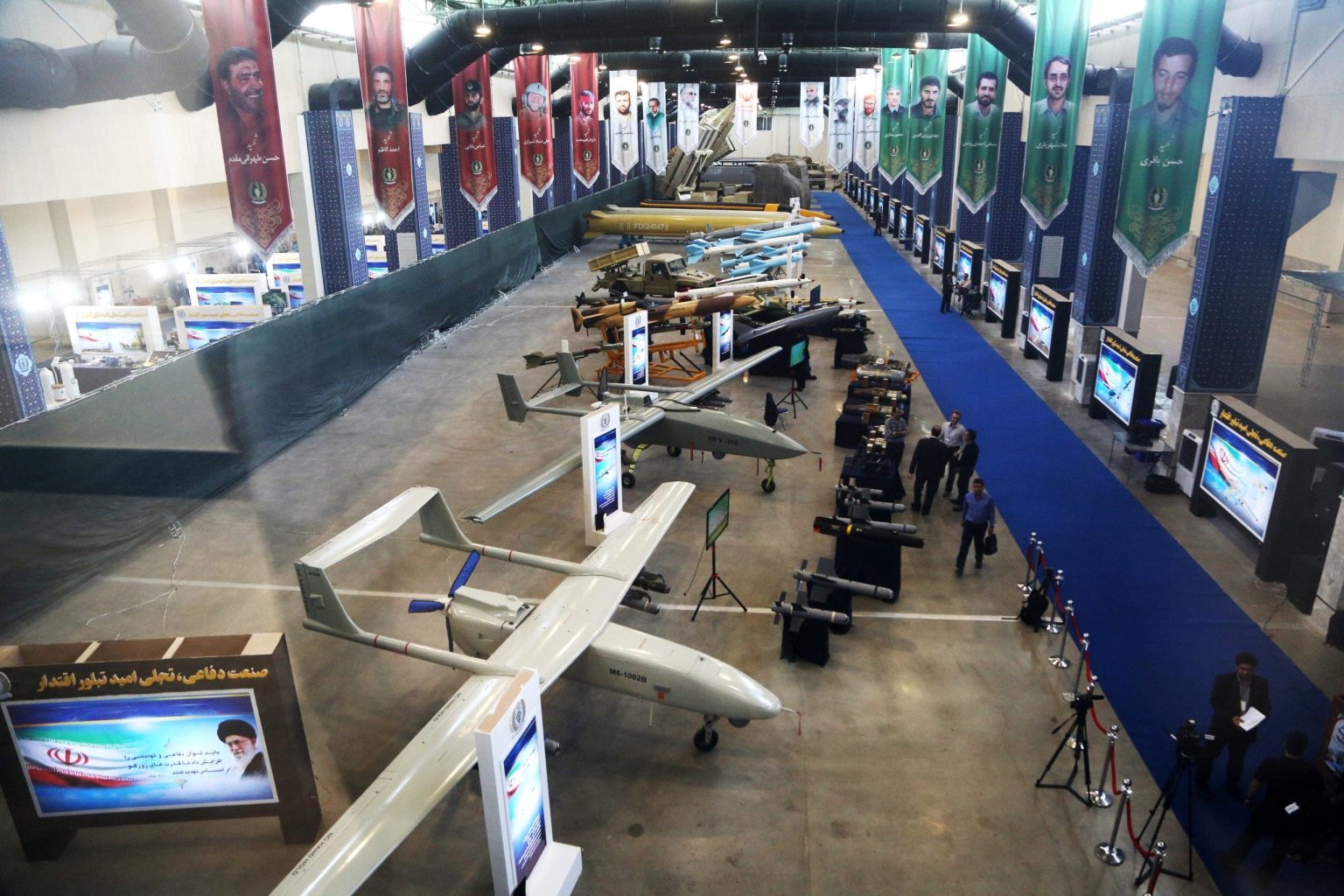Iran launched a large-scale drone attack on Israel in retaliation for an attack on a consulate in Damascus. The White House confirmed the attack and stated that President Biden is being regularly updated on the situation. Israel was prepared for a direct attack from Iran and had deployed its air defenses. Iran’s launch of drones towards Israel indicates the rising tensions between the two countries.
The drones launched by Iran are capable of hitting targets in the Palestinian territories, indicating the country’s focus on using unmanned aerial vehicles in military operations. Iran has a weak air force and navy but has heavily invested in developing and producing different models of drones. These drones have different capabilities, with some designed for surveillance and others for combat. Larger models have the capability to hit targets up to 1,200 miles away and carry substantial payloads of munitions or electronic equipment.
Iran has also developed suicide drones, which are slower and easier to shoot down. However, these drones can still pose a threat to Israel, prompting concerns about potential waves of drones hitting the country. Israel’s Iron Dome system is expected to be able to handle these potential attacks. Iran’s arsenal also includes a diverse range of cruise missiles, with substantial improvements in precision and accuracy over the past decade.
Former CENTCOM Gen. Kenneth McKenzie has stated that Iran has over 3,000 ballistic missiles in addition to its cruise missiles. Iran Watch has identified four types of cruise missiles in Tehran’s arsenal, with the Paveh being the most recently introduced model with a range of over 1,000 miles. The use of drones and cruise missiles by Iran in the recent attack on Israel reflects the country’s growing military capabilities and its willingness to engage in aggressive actions.
Tensions between Iran and Israel have been escalating, leading to concerns about a potential escalation of conflict in the region. Iran’s focus on developing and deploying drones and cruise missiles highlights its strategy of using asymmetrical warfare to challenge its adversaries. Israel remains prepared for any scenario, with its air defenses deployed to defend against potential attacks. The international community is closely monitoring the situation, with the United States expressing support for Israel and providing regular updates to President Biden.
The use of drones and missiles in the recent attack on Israel raises questions about the potential for further military actions in the region. Iran’s increased focus on developing its drone capabilities indicates a shift towards more technologically advanced warfare strategies. Israel’s response to the drone attack, as well as its deployment of air defenses, demonstrates its readiness to defend against potential threats. The ongoing tensions between Iran and Israel will continue to be a key issue in the region, with the potential for further escalation and conflict.


